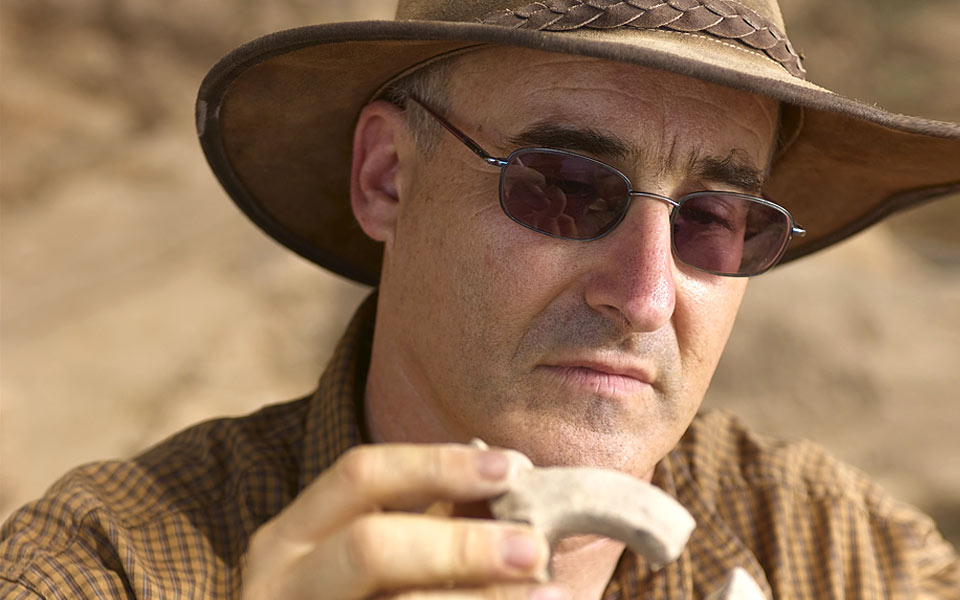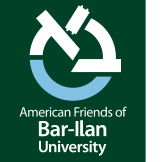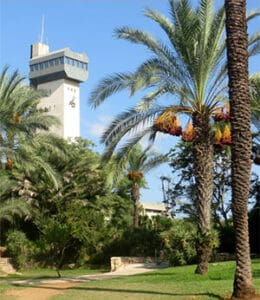Tel Zafit National Park, Israel -
The biblical city of Gath, often referred to as “Gath of the Philistines,” was one of the five Philistine city-states established in northwestern Philistia. Gath is often mentioned in the Torah and its existence is confirmed by ancient Egyptian inscriptions. It is said to be the home of the legendary Goliath and the location where a blinded Sampson knocked down the temple pillars.

Today, the ruins of the city can be found inside Tel Zafit, an Israeli national park, where it has become a major archaeological site. Since 1996, Aren Maeir, professor of archeology at Bar-Ilan University, has been the director of the Tell es-Safi/Gath excavation. He and his team have dug up some remarkable findings such as a Philistine Temple, the ruins of a Crusader-era castle and countless ritual items dating back to the Iron Age.
“We came here with a series of questions in the various areas, and I think that for quite a few of them we have new answers, or new questions developed out of them,” said Maeir. “Tell es-Safi/Gath is a large, multi-period site with remains from the prehistoric to the modern period. In particular, we have uncovered extensive and impressive artifacts of the Canaanite and Philistine culture. The site during the Iron Age would be parallel in biblical terms to the era of the first temple.”
Israel’s Indiana Jones
Prof. Maeir’s archaeological expertise has earned him the nickname of “Israel’s Indiana Jones.” However, some may be surprised to learn that he was, in fact, born in Rochester, New York. He moved to Israel in 1969 at age 11 and has lived there ever since. Following his service in the Israel Defense Forces—where he reached the rank of captain—he did his undergraduate and graduate studies at the Hebrew University in Jerusalem, and did a post-doctorate at the Dibner Institute for the History of Science and Technology at MIT. He has been teaching at Bar-Ilan University since 1992.
Prior to the Gath expedition, Prof. Maier has participated in, and directed, numerous archaeological excavations in Israel, including Jerusalem, Hazor, Yoqneam, Tell Qasile and Beth-Shean. He has unearthed a literal treasure trove of ancient pottery and other artifacts that date back some 3,000 years, many of which are on exhibit in his department of land of Israel studies at Bar-Ilan. Yet what seems to impress him the most about his profession is the rapidly changing nature of how the work on these archeological sites has evolved over the past two decades.
Reconstructions of Daily Life, Uploaded to the Cloud
“Today we have field-labs on our excavation site that allow us to get testing results almost immediately,” he gushes. “The instant data that we can collect on things such as stones and pottery, or the micro data such as DNA and Carbon-14 is nothing short of miraculous. It allows us to get a rich and immediate reconstruction of daily life from centuries ago, which we upload into the cloud to form an instant digital archive. I would say it is almost as though the profession that I studied some 30 years ago is practically a different vocation from what we are doing now.”
As for an encounter with the biblical Goliath, Prof. Maier hasn’t personally run into him as of yet. However, he and his team have found some artifacts that might hint to King David’s monstrous adversary. “We uncovered a stone inscription with a pair of names that are very similar to the name Goliath from the Philistine levels of our digging. And there are the inevitable humorous moments when we get asked if a large soaking tub was Goliath’s bathtub, or if the stone archway to a temple might have been Goliath’s temple entrance. More important than finding any specific remains on this site is that we get a vivid picture of how people from these ancient cities once lived, where they came from, what their health was, who they were socially and economically involved with. A chance to uncover our roots in the land of Israel and deepen our sense of history.”
For more information on how you can help support Aren Maier’s historic excavation in Israel, please contact American Friends of Bar-Ilan University. Tel. 212 906-3900.


